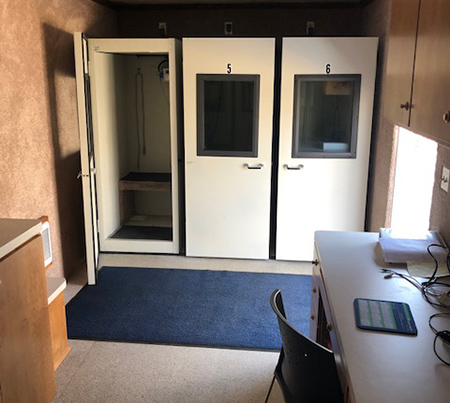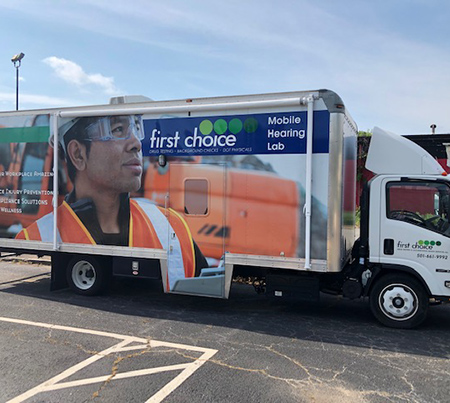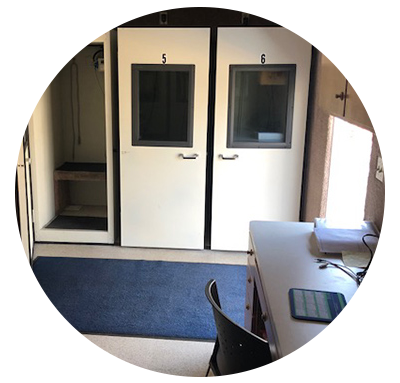
First Choice offers discreet and confidential pre-employment physicals and drug screenings, and we have a Medical Review Officer (MRO) on staff to verify all results. We offer the quickest possible turnaround times on all testing services and most lab testing services at our Little Rock Clinic without an appointment. We also offer a variety of services to help you keep your employees safe and drug-free.












